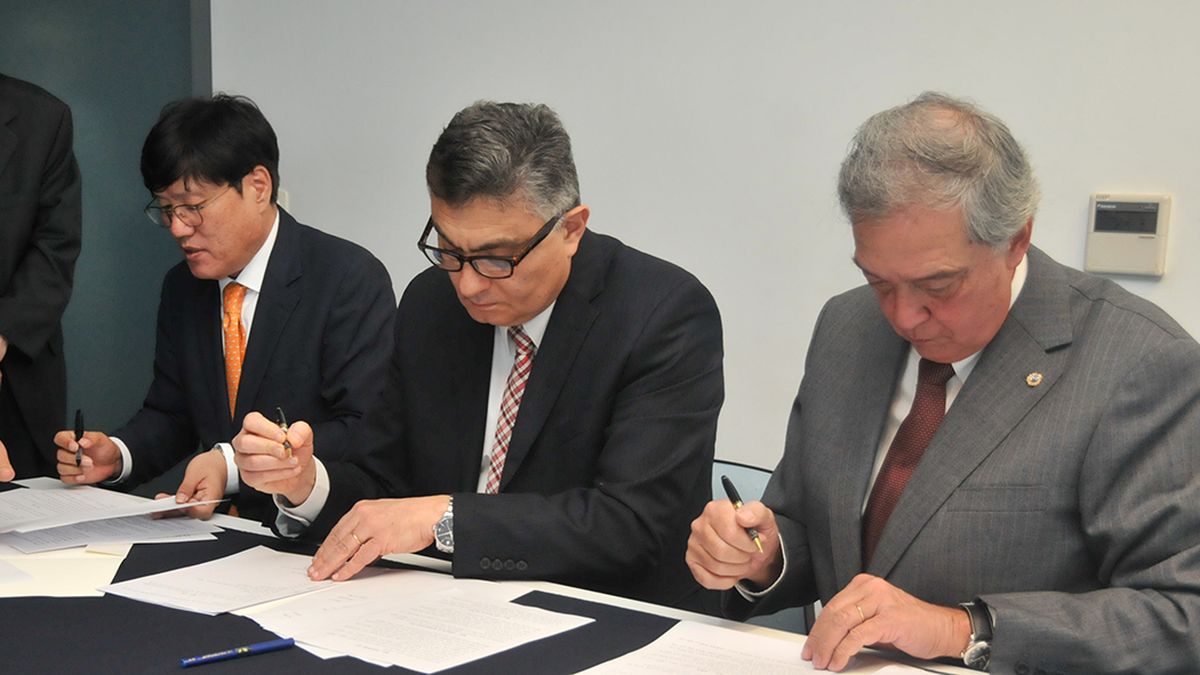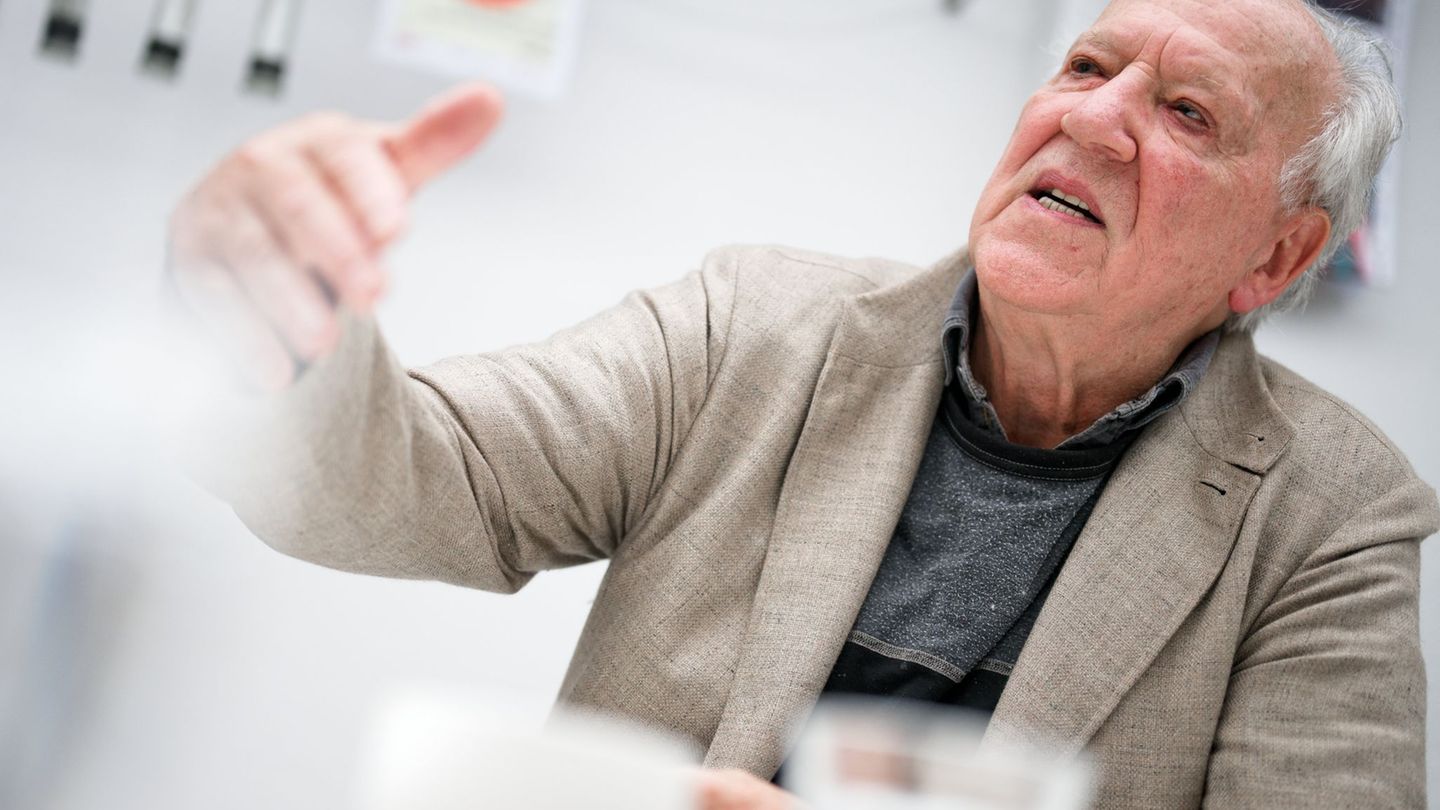The agreement includes progress in joint projects and the installation of a laboratory, within the framework of the Innovation Hub program.
The government signed a memorandum of understanding with South Korea to promote cooperation between the two countries in agricultural Biotechnology, within the framework of an agreement that includes the implementation of joint projects for the development of technology and the installation of a laboratory in Uruguay.
The content you want to access is exclusive to subscribers.
The document is part of the Uruguay Innovation Hub program, in the area of agricultural biotechnology. The Executive branch is even enthusiastic about the country becoming “in generator and exporter of technologies”.


The agreement was signed in the annex building of the executive tower by the director of the Office of Planning and Budget (OPP), Isaac Alfie; the Minister of Livestock, Agriculture and Fisheries, Fernando Mattos; the Korean ambassador in Uruguay, Lee Eunchul, and the administrator of Rural Development of Korea, Chaeho Cho. As reported, it is part of the government’s policy to stimulate innovation and create added value at the knowledge frontier.
When explaining the scope of the agreement, Alfie explained that it represents a technology transfer and is focused on applied research and innovation. “It generates value in biotechnological products, improving the quality of food and production”, he expressed about the practical scope.
On this point, he reviewed that biotechnology covers a huge field of opportunities in food, but it also makes it possible to venture into fertilizers and organic products to combat pests, instead of chemicals. “Therefore, he also points to the better sustainability of production processes”, projection.
“We can become exporters of technologies,” said Mattos
For Mattos, it is “an enormous opportunity for the development of our science, technology and productive capacity”. The head of the MGAP highlighted that “in many areas of biotechnology, Uruguay is an importer” and stated: “We can become generators and exporters of technologies.”
He also considered that it represents a tool in the face of the challenges of climate change. “Science and technology applied in the country, through cooperation with foreign institutes, is a great step for productive improvement, which promotes environmental protection and sustainable production,” Mattos defined.
Source: Ambito




